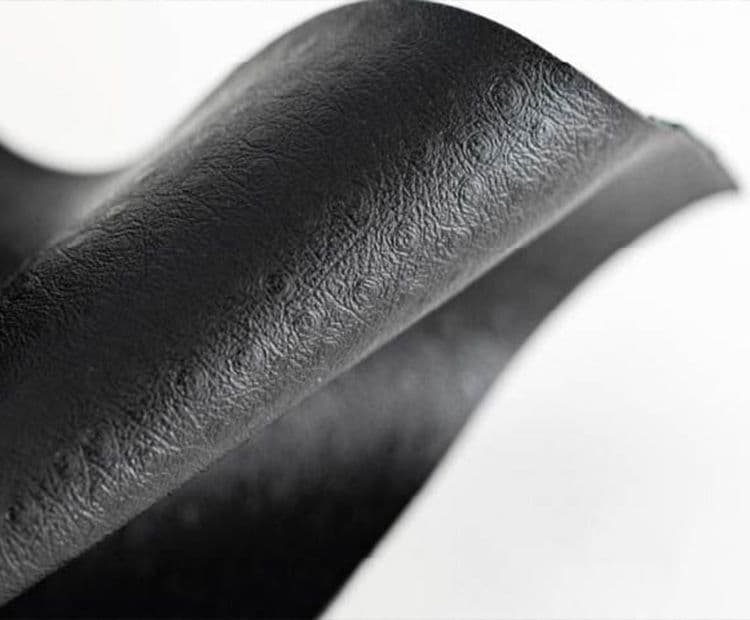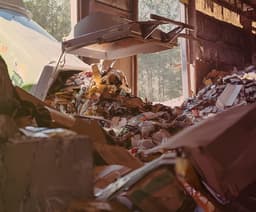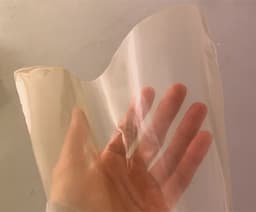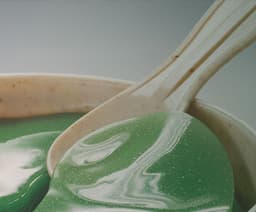Top Priorities:
Palm oil, tallow, and vegetable oil substitutes from upcycled waste (e.g., spent grain, food waste) for use in surfactants and food applications, with price parity.
Natural, sustainable preservatives for personal and oral care products and food.
Marketplaces and affordable processing technologies to upcycle CPG co-product streams (e.g., spent coffee/tea leaves, seeds, peels, pulp, wet/dry yeast).
Other Areas of Interest:
- Renewable or recycled carbon-based ingredients (non-fossil derived), including CO₂ for carbonation and surfactants for cleaning products.
- Low-cost, sulfate-free and natural surfactant technologies.
- Biological or chemical processes to extract high-value compounds for skincare, pharmaceuticals, and wellness products.
- New formulations for sports nutrition, hydration sticks, endurance gels, and dairy alternatives with higher plant protein content.
- Solutions for recycling aerobic sludge.
- Biobased cleaning and disinfection products suitable for beer production.
- Innovative soil-free filtration technology as an alternative to diatomaceous earth.
- Precision fermentation - cocoa, tropical fats and protein alternatives (process to drive efficiency, yield, outcome).
- Low-cost, sustainable plant-based protein (with sensory neutrality: color, texture, aroma, taste), and lipid alternatives for dairy footprint reduction (currently mostly used from dairy, some grains).
- Upcycled functional ingredients from agricultural waste valorization for enhanced nutrition (e.g., fiber, antioxidants, prebiotics, proteins, essential fatty acids) or product performance (e.g., natural preservatives, stabilizers, emulsifiers) with clean label potential.
- Identify and control when key metabolites are formed or cells are ready for harvest (plant tissue culture / microbial fermentation).
- Advanced sensor and controls for bioreactors (in-line).
- Low cost, sustainable, abundant sources of/technologies that can liberate simple sugars as fermentation feedstock.
- (Clean label) Antibiotics, antimycotics etc. That can be used in food grade plant tissue culture. Aid the reduction/simplification of sterility requirements and associated CAPEX.
- New technology for accelerating solid-liquid separation of waste yeast using enzymes.
- Processing technologies that turn our co-products into (new) ingredients for various food applications (focus on dairy by-streams such as acid whey, ultrafiltration permeate (UF), lactose streams).
- Technologies for efficient sludge drying (with lower energy consumption).
- Opportunity to valorize manufacturing effluent sludge with dairy residues.
- Liquid alkali recovery innovation.



